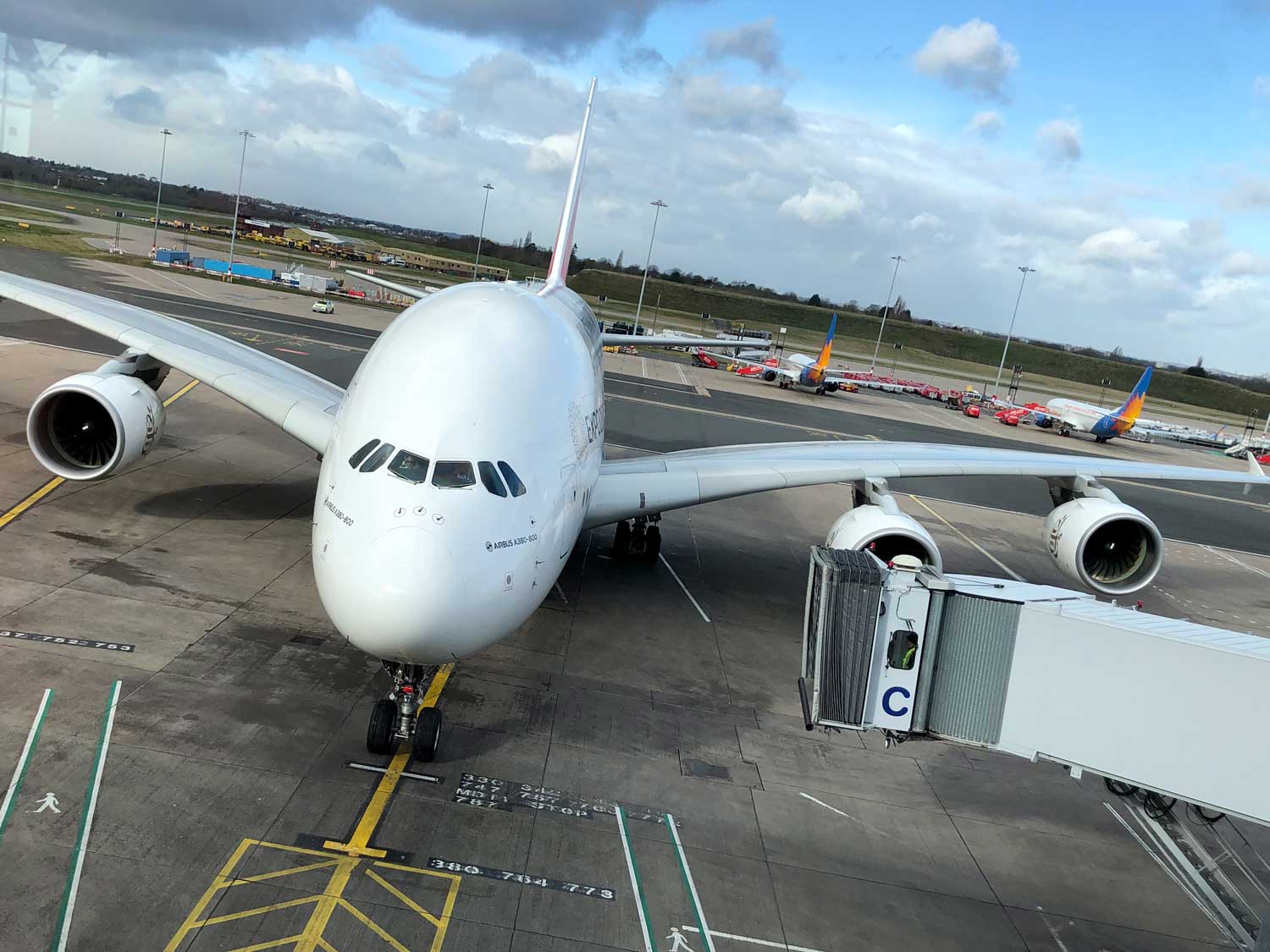Last Wednesday, Switzerland announced its withdrawal from negotiations on closer ties with the EU, after failing to reach agreement on wages and immigration.
The move by the Swiss government to withdraw from negotiations on a single encompassing “framework agreement” may result in some form of ‘Swexit’ as it seeks to evolve its relationship with the EU.
The decision, which will have profound consequences for the EU’s fourth-biggest trade partner and the 1.4m EU citizens that live there, prompted the European Commission, to warn of an inevitable deterioration in co-operation.
Switzerland exported about €160bn of goods and services to the EU last year and while there is strong support to maintain close EU ties, there has been vociferous domestic political opposition to the draft treaty, which was seen as infringing Swiss sovereignty.
Disagreements on wages and state aid meant that “the conditions are thus not met for the signing of the agreement,” the federal council said, adding that it hoped existing trade arrangements could be preserved “in the interests of both sides”.
Over 100 bilateral treaties, give Switzerland access to the single market in exchange for open borders and alignment with EU law. Talks, that began in 2014, to overhaul these arrangements, became more urgent after Brexit, because of EU concerns the UK would use the Swiss model to cherry-pick single-market benefits, while remaining outside formal EU structures.
Switzerland’s decision to abandon the talks means that as the 120 bilateral agreements lapse, they will gradually lose single-market access, creating uncertainty for businesses and residents.
Under Switzerland’s constitution, any deal with the EU would have to be agreed in a nationwide referendum, with approval from both a majority of the overall population and a majority of the country’s 26 cantons.
Many Swiss are optimistic Brussels will agree to a compromise, whereby existing agreements can be rolled over individually, but this assumes a degree of flexibility, that the EU has not extended in negotiations with the UK.
Diplomats warn such optimism is misplaced, when the EU’s overall intention was to curb as much of the country’s privileges as it could, or extract concessions to maintain them.
Switzerland now faces the prospect of a gradual degradation of its economic ties with the EU and with public opinion split, the problem may be that be that this gradual erosion will not create the momentum for Switzerland to enter new negotiations with the EU.
This is a situation that is definitely worth following as it unwinds and evolves as there is inextricably a link between the UK and EU relationship that will be reflected in the developments and final outcome.
We monitor the evolving UK/EU customs regime situation and EU related developments, to offer knowledgeable advice and tailored customs brokerage solutions on our CuDoS platform.
We have extensive transport and customs brokerage solutions across Europe, to ensure that your supply chain remains agile and responsive, as the EU situation moves forward with its trading relationship with the UK and our other established and new trading partners.
For further information, or to discuss your situation, please contact Elliot Carlile or Grant Liddell, for guidance and advice.





